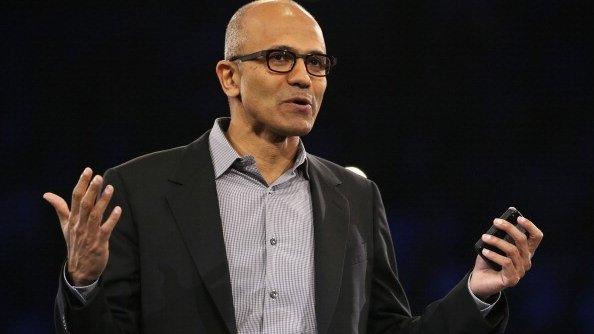Tough at the top: 2014's troubled bosses
- Published
The pay is great, the office is nice and they don't have to fly economy, but chief executives have to take the rough with the smooth.
Shareholders moan about how much they are paid, staff moan about not being paid enough and pesky journalists insist on counting how many private jets the company owns.
But this year some bosses had problems that went beyond the everyday executive angst. Here are a few that stood out.

Philip Clarke, former chief executive, Tesco
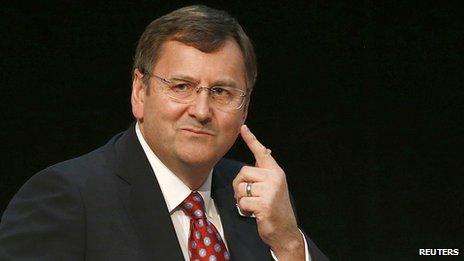
In late July, just a day before a party to celebrate his 40th year at the firm, Tesco chief executive Philip Clarke announced his departure.
It became clear that his efforts to revive the supermarket's fortunes had been failing after conceding that the firm's performance in the first half of the year had been the weakest in decades.
On the day of his exit Mr Clarke told BBC business editor Kamal Ahmed that he felt "enormous relief" over leaving the supermarket giant.
But worse was to come for Tesco. At the end of September his successor, Dave Lewis, warned that profits had been overstated by £250m and several senior executives were suspended.
Regulators are now investigating how Tesco managed to get its sums so badly wrong.
Meanwhile the financial performance continued to go awry, in December the company warned that full-year profits would be way below expectations.
Watch out for more drama on 8 January when Tesco is due to issue a trading update and Mr Lewis has promised more detail on how he plans to recover from a terrible year.
In case you were wondering, Mr Clarke's 40th anniversary party was cancelled.

Marissa Mayer, chief executive, Yahoo
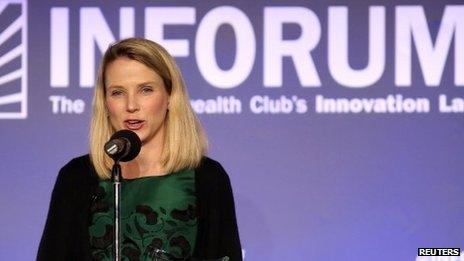
Marissa Meyer took over as chief executive at Yahoo after an illustrious career at Google in 2012, to great fanfare. Fast-forward to today and her attempts to turn around the ailing tech giant have met with mixed reactions.
This year saw not just one but two tumbles for the tech giant's share price (they subsequently recovered), with activist investors rounding on her, external and criticising a number of high-profile acquisitions, including Tumblr, with some pushing for a merger with AOL.
If that wasn't enough, a scathing excerpt from a new book by Business Insider chief correspondent Nicholas Carlson appeared in the New York Times, external this week.
It accused Ms Mayer of being an unpopular leader, of micromanaging staff and failing to delegate, and refusing to hire actress Gwyneth Paltrow as a contributing editor on Yahoo Food because she had not graduated from college.
Not everyone agrees - with at least one commentator predicting great things, external for the company's share price, and recent figures pointing to a big growth in US mobile-ad market share, external.

Mary Barra, chief executive, General Motors
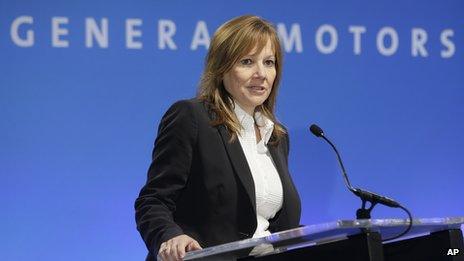
There was much excitement when Mary Barra become the first female chief executive of one of the Big Three US carmaker,s when she took control of General Motors (GM) in January.
But the warm glow did not last long. In February the company recalled 1.6 million vehicles that had faulty ignition switches, a problem which was linked to at least a dozen deaths in road crashes.
GM was criticised for its sluggish response to the problem and Ms Barra apologised at a Congressional hearing.
And the recalls kept coming. In 2014 GM asked customers to return more than 30 million vehicles to correct a range of faults.
To put that into perspective, the company produces about 10 million cars a year.
The cost of repairing faulty cars and paying compensation to customers affected was in excess of $1.5bn (£900m).

Ian Read, chief executive, Pfizer
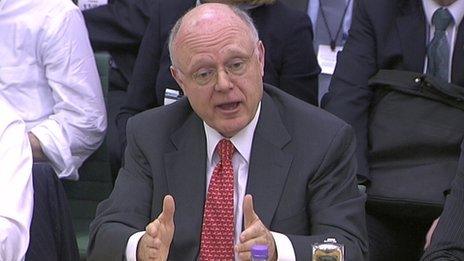
Mr Read didn't suffer falling sales or lose his job. No, it was much worse than that - he had to appear before a committee of British MPs.
In May he flew from the US to London to answer questions about his company's proposed takeover of British drugmaker AstraZeneca.
During such encounters it usually pays for a chief executive to appear reasonable and to allow MPs to let off some steam.
But Mr Read deployed such a baffling array of business jargon that Michael Deacon, parliamentary sketch writer for the Daily Telegraph, said he "appeared to be mounting a hostile takeover of the English language", external.
His grumpy demeanour and evasive answers seemed to fire up the MPs on the Business Committee.
While that appearance alone didn't torpedo the deal to buy AstraZeneca, it probably didn't help and Pfizer dropped its bid on 26 May.

Rupert Murdoch, chairman and chief executive, 21st Century Fox
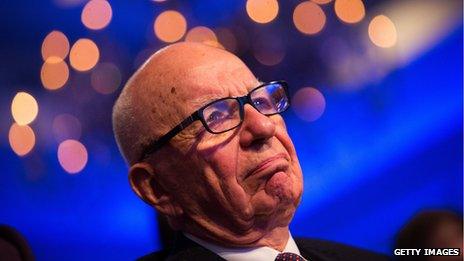
I think we can assume Mr Murdoch is a man who, more often than not, gets his way. But not in 2014.
In July it emerged that 21st Century Fox had made a bid for Time Warner, the owner of CNN, HBO and Warner Brothers Studio, among others.
Given Mr Murdoch's tenacious and successful pursuit of Dow Jones, the owner of the Wall Street Journal, in 2007, most analysts and pundits assumed he would close the deal.
But instead the media mogul backed down, saying that Fox's shares had become "severely undervalued" following the takeover offer.
In a conference call in August Mr Murdoch said he was "resolute" over his decision to drop the bid.
It was a rare retreat for him, but who knows, there may be a master plan that will one day see Time Warner join the Murdoch empire.

Andy Street, managing director, John Lewis
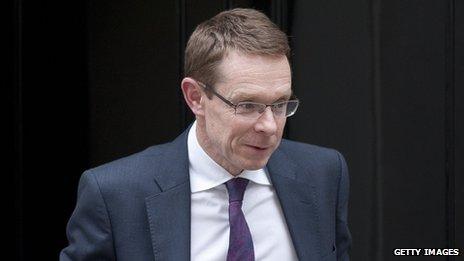
Who abducted the usually mild-mannered and polished Andy Street in October and replaced him with someone more akin to David Brent from The Office?
Mr Street had to apologise for describing France as "hopeless and downbeat" at a dinner, which had followed the delay of his Eurostar train back to London.
Quoted in The Times, Mr Street said about France that "nothing works and worse, nobody cares about it".
Mr Street later said the comments were not meant to be taken seriously but admitted that he "clearly went too far".

Satya Nadella, chief executive, Microsoft
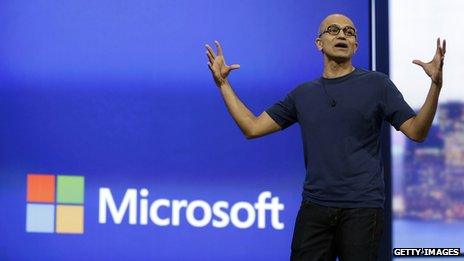
Another usually articulate man also managed to offend with some clunky comments in October.
Mr Nadella, who was only appointed to the chief executive role in February, had to apologise for remarks he made advising women not to ask for a pay rise but to have "faith in the system".
At a conference to celebrate women in technology, he suggested that women not asking for a rise was "good karma".
In a subsequent email to staff, Mr Nadella said he answered the question "completely wrong" and "wholeheartedly" supported programmes to close the pay gap.
- Published21 July 2014
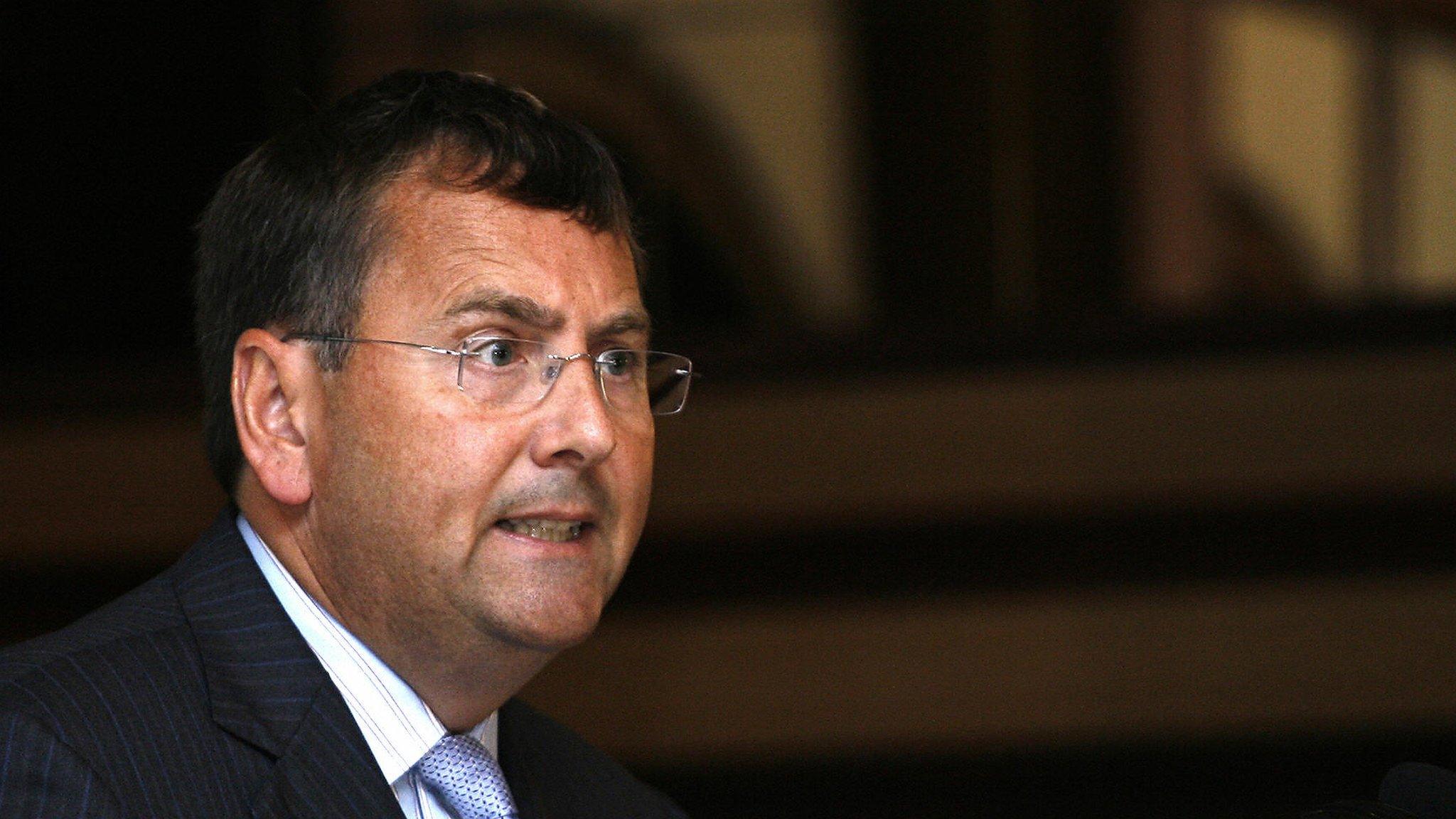
- Published2 April 2014
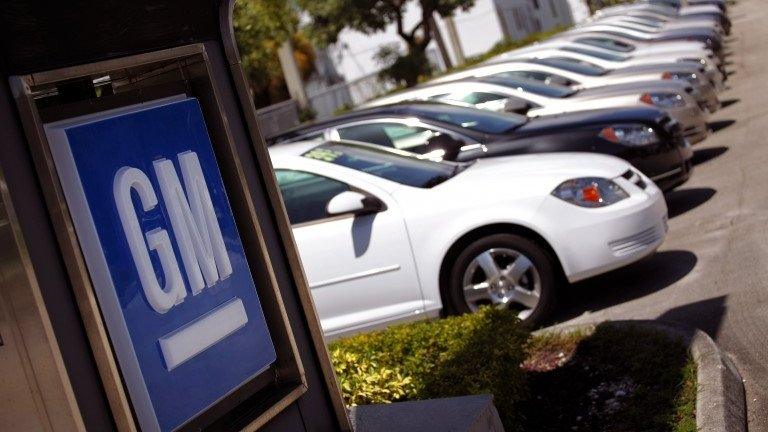
- Published26 May 2014
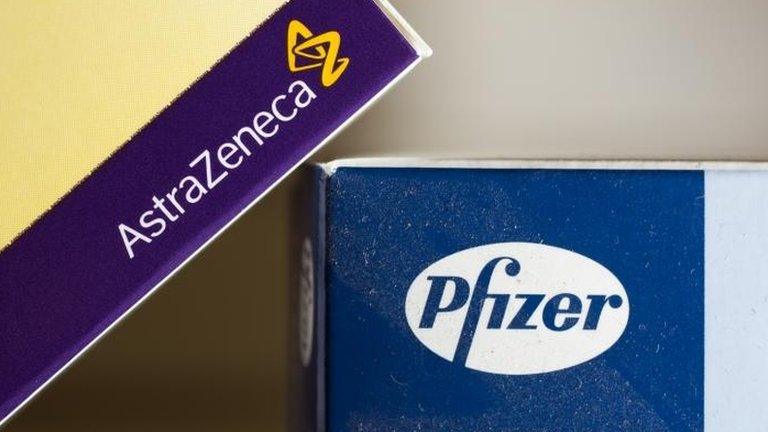
- Published6 August 2014
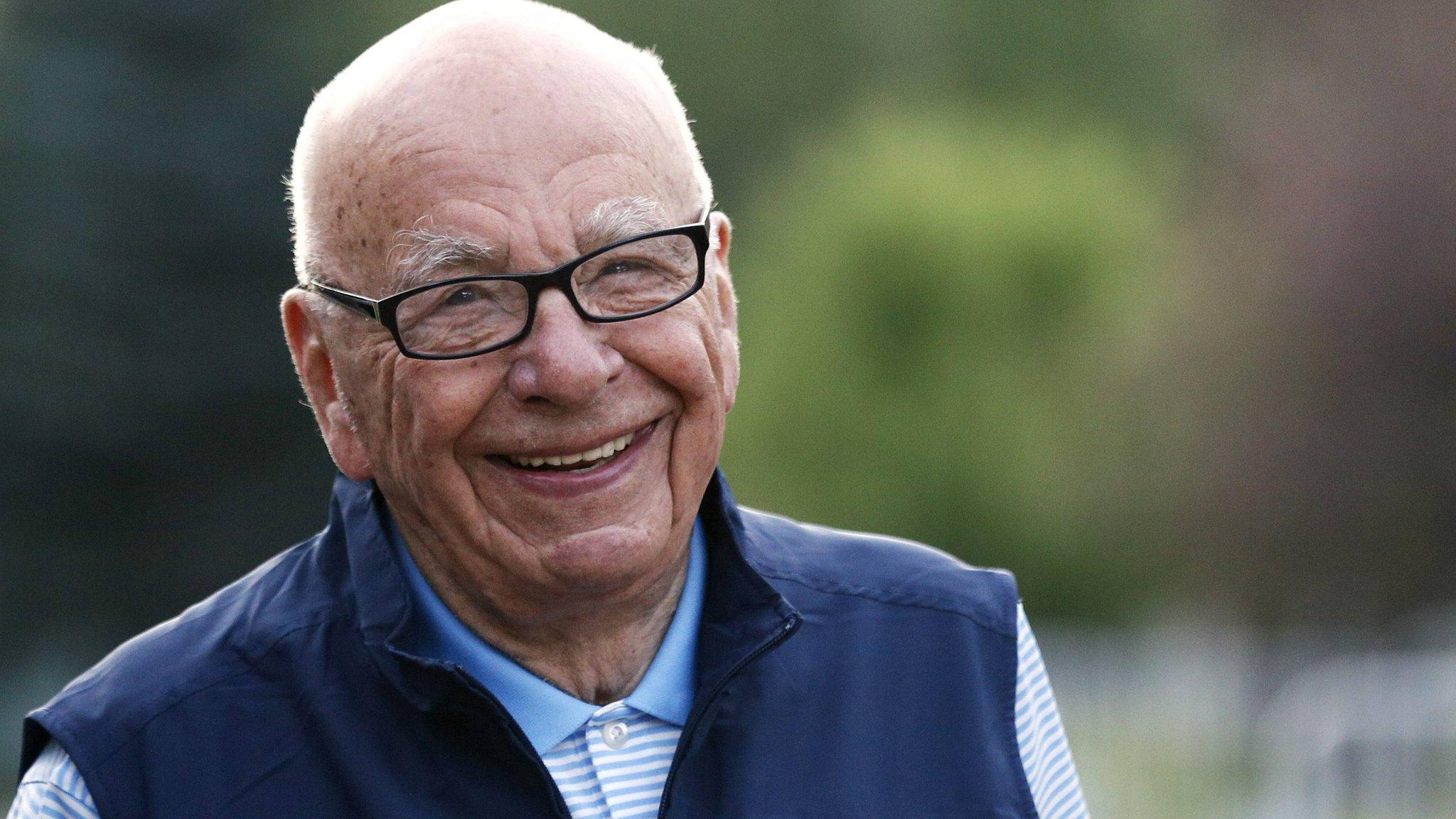
- Published3 October 2014

- Published10 October 2014
